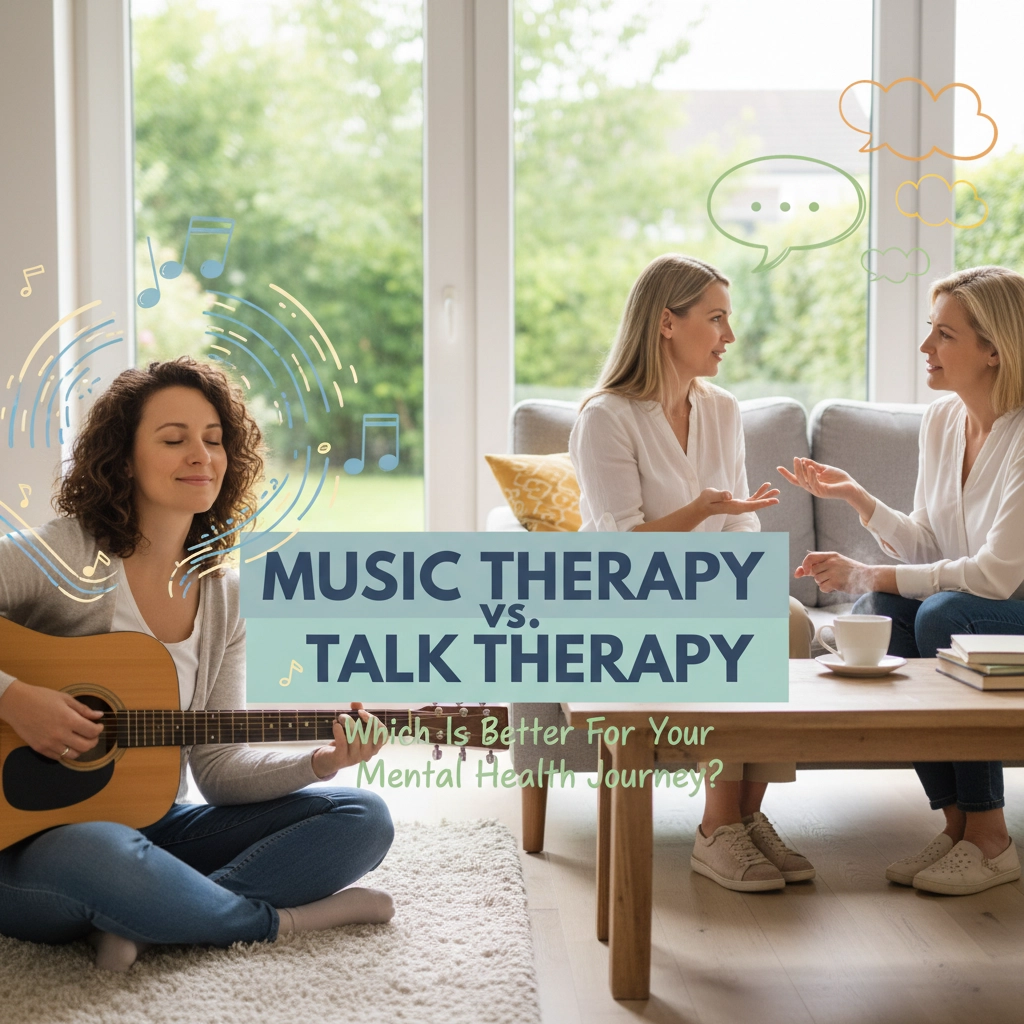Music Therapy vs. Talk Therapy: Which Is Better For Your Mental Health Journey?

Okay, let's be real here, this last month has been really tough for me, and I've been sitting in my therapist's office wondering if talking about my feelings for the hundredth time is actually helping or if I'm just paying someone to listen to me complain. Don't get me wrong, I love my therapist, but sometimes I walk out of there feeling like we just went in circles for 50 minutes.
So naturally, I started wondering: what if there's another way? What if instead of dissecting every anxious thought I've ever had, I could just... I don't know, play some music and feel better? It sounds almost too simple, right? But that got me diving deep into this whole music therapy thing, and honestly, what I found surprised me.
READ MORE

